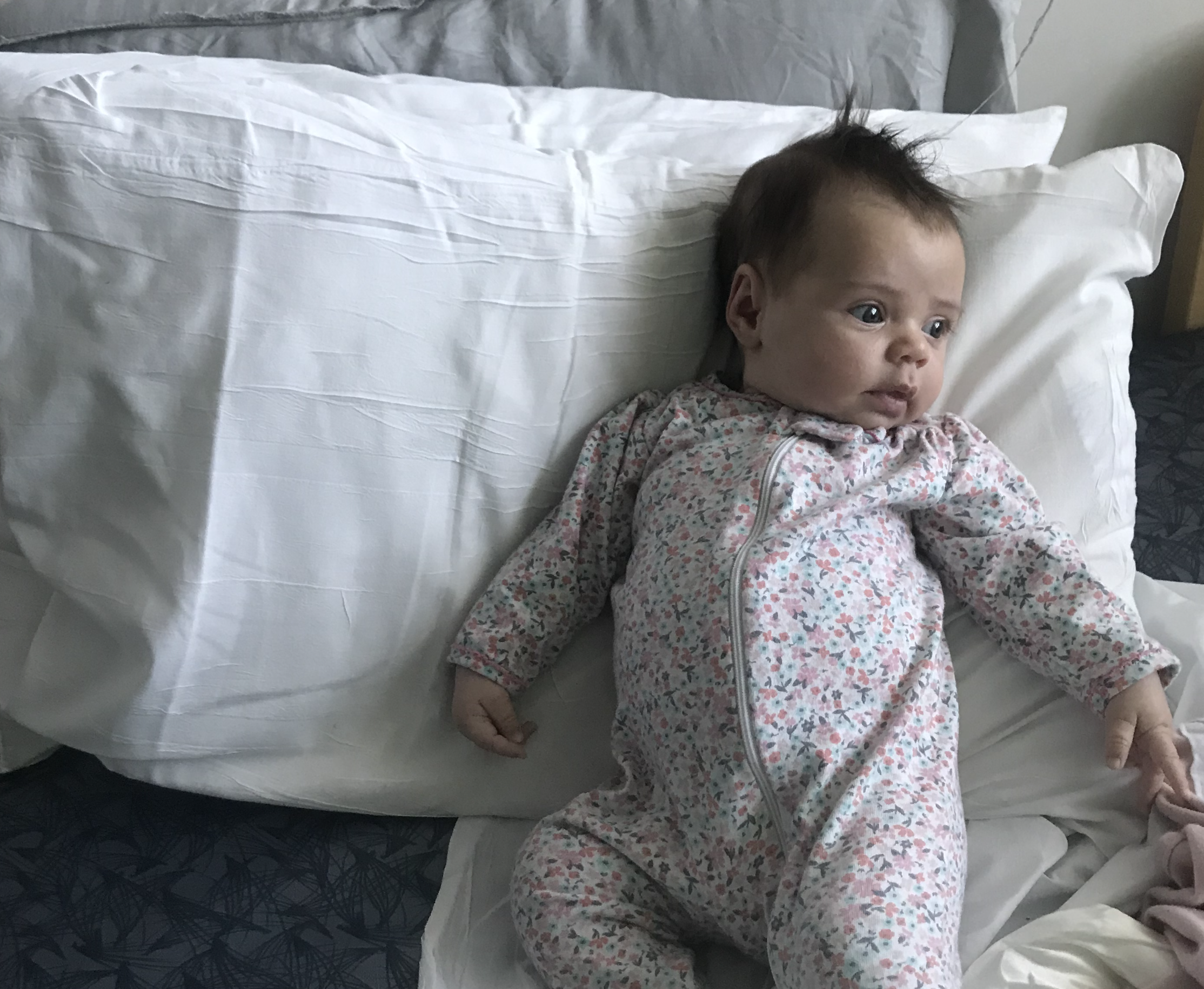
As concerns about the respiratory syncytial virus (RSV) continue, an FDA advisory committee recommended this week that the agency approve two vaccines designed to combat the virus for folks 60 and up. Assuming the vaccines successfully complete the FDA and CDC processes, they will be the first RSV vaccine approved in the United States. The vaccines from Pfizer and GlaxoSmithKline may become available in several months.
RSV Cases at a High
RSV is an increasingly common virus that causes mild, cold-and-flu-like symptoms in most patients. Most cases of RSV can be treated at home by controlling fever and cough with over-the-counter medications and rest. However, in infants, older people, and other vulnerable populations, RSV can lead to more severe ailments, including bronchiolitis and pneumonia. In the US, RSV accounts for 75,000 to 125,000 hospitalizations annually. This translates into 10,000 deaths in people over 65 from RSV and related ailments yearly, with 300 fatalities among children under five. In addition, the 2022 holiday season saw a stark increase in the number of cases and rate of infection from RSV, fuelling both widespread and medical concerns.
While a committee has recommended approval, several steps remain before releasing any RSV vaccine to the public. First, both vaccines will undergo separate evaluation, testing, and approval by the FDA via its normal process, and the CDC must also approve. Then, should all of that happen successfully, the vaccine or vaccines will be made available to the public via healthcare providers nationwide.
Pfizer’s Vaccine Reduces Illness by 86%
Initial manufacturers’ claims regarding the efficacy of the vaccines look promising. According to Pfizer, their single-dose vaccine reduces the rate of RSV-related illness by as much as 86% among people ages 60 and up. Pfizer also tested their vaccine to see if it could potentially pass to infants during pregnancy, showing a reduced risk of serious illness by 82% through their first 90 days of life and by 69% through six months. In addition, per trial data published in the February edition of the New England Journal of Medicine, the GlaxoSmithKline vaccine reduces the rate of RSV-related symptomatic illness by 83% and of severe disease by 94% in people ages 60 and up.
Vaccine approval would be welcome news, given the ongoing public health issues around RSV. However, there are some lingering concerns about both vaccines. For example, committee members expressed worries about a potential correlation between the Pfizer vaccine and Guillain-Barré syndrome, which damages nerve cells, causing muscle weakness or paralysis. One patient in the Pfizer trial developed Guillain-Barré syndrome after being treated with the vaccine, while another developed Miller-Fisher syndrome, a related ailment. The GlaxoSmithKline vaccine trial likewise showed a case of Guillain-Barré syndrome and a more significant number of cases of atrial fibrillation (irregular heart rhythm).
More information will be coming as the vaccines undergo additional evaluation and testing before potential approval. In the meantime, we can all reduce our risk of RSV by understanding how the disease is spread and taking basic precautions to prevent transmission.
